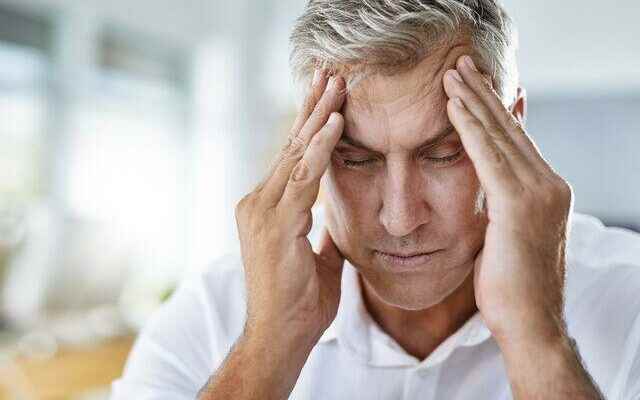Although migraine can have childhood onset, it usually begins in adolescence. From the age of 35-39, there is a decrease in the incidence of migraine. Migraine also occurs less frequently in postmenopausal women.
HUNGER AND SLEEPlessness TRIGGERS MIGRAINE
Migraines are headache attacks that increase with hunger and insomnia. Migraine and epilepsy diseases are chronic diseases that require follow-up treatment. Insomnia and hunger can provoke attacks of both diseases. If the attacks are not frequent, some compelling conditions should be decided under the supervision of the following doctor.
DOES FASTING TRIGGER MIGRAINE ATTACKS?
It is necessary to be careful in situations that will force the metabolism, such as fasting or getting pregnant. If migraine and epilepsy patients, who are under constant follow-up with their doctor, do not have an attack for a long time and do not use multiple drugs, a decision should be made with the final status evaluation. Plenty of fluids should be taken. In the first days, the situation should be updated by constantly informing the doctor. In any questionable and out-of-control situation, starvation should be postponed to next year.
HOW LONG DOES A MIGRAINE CRISIS LAST?
The pain felt by the person and accompanying symptoms such as nausea, weakness, emotional changes, burning in the scalp; It can take from 4 to 72 hours. However, in some patients, the crisis may exceed a week. Then this situation is called ‘prolonged migraine attack’ or ‘migraine storm’, its treatment is a really difficult process.
HOW IS MIGRAINE TREATED?
Migraine is followed in two stages. The first is attack treatment. The second is the preventive treatment with drugs that the patient should take every day for an average of six months. Treatment options include anti-epileptic and anti-depressants. Advanced treatment options include botulinum toxin and migraine vaccine (migraine injection).
